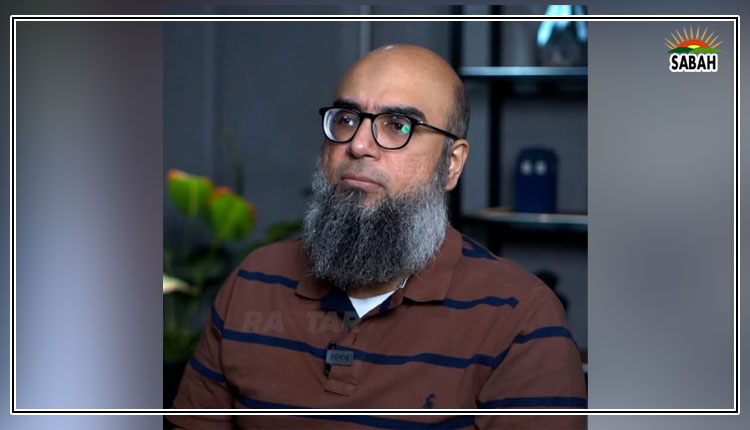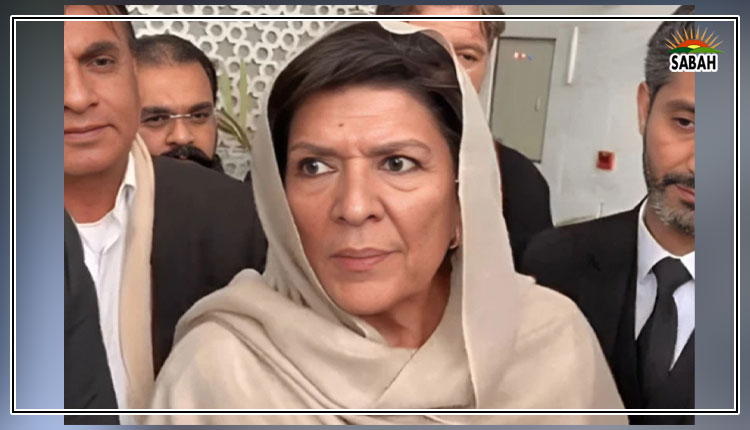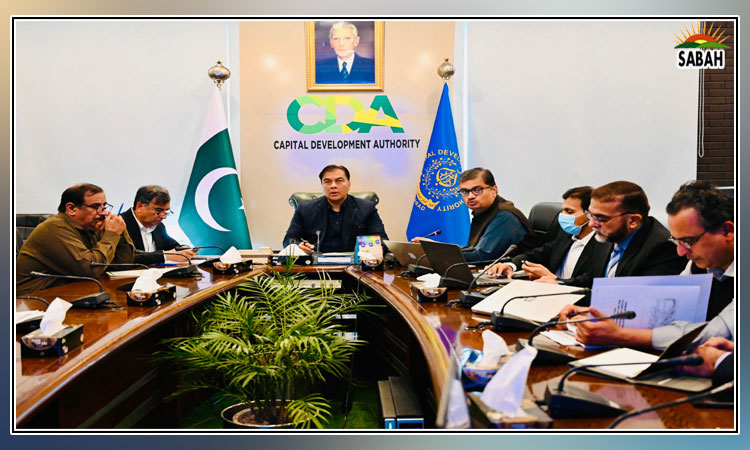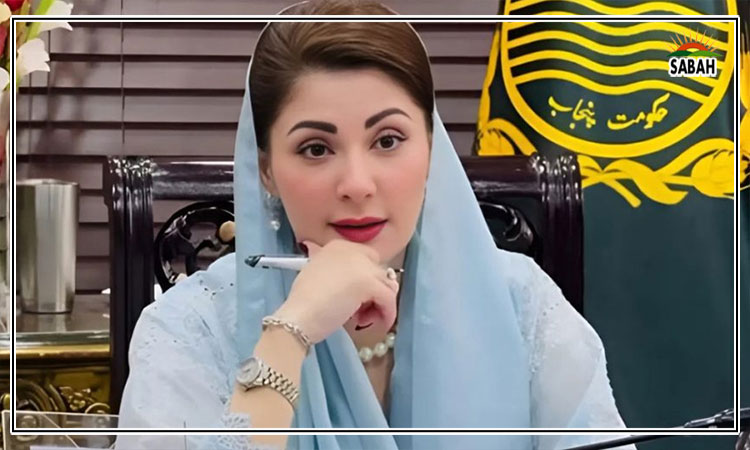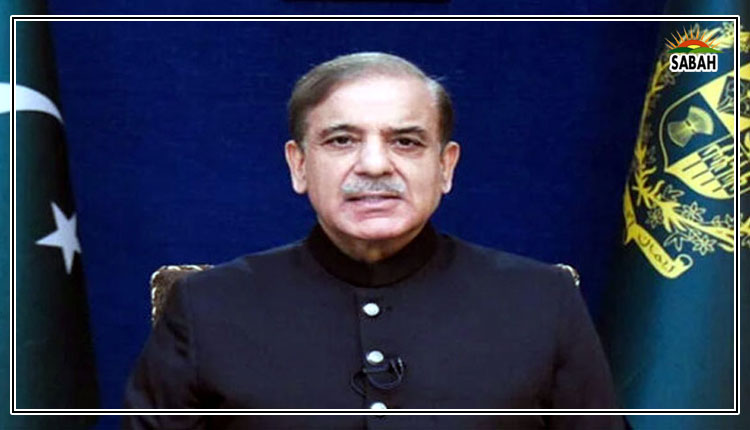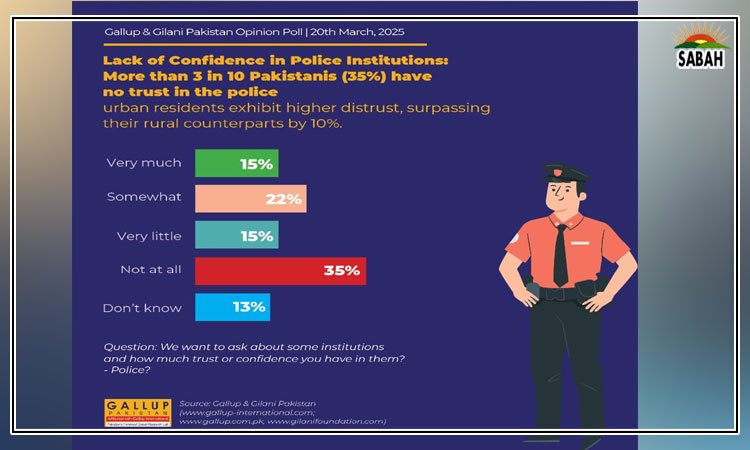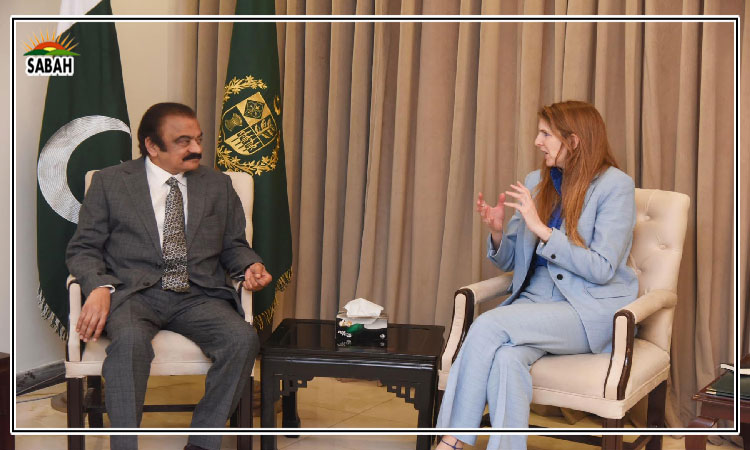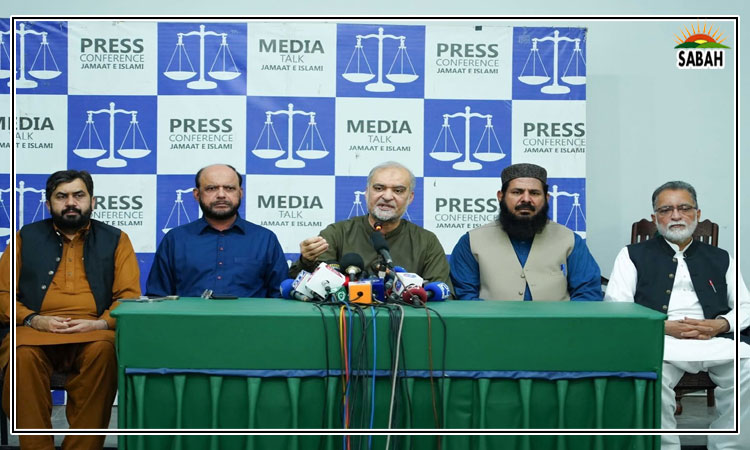Lies on Iran gas pipeline …. Imtiaz Gul
Yet again, lofty rhetoric and ambitious intent on enhancing bilateral cooperation accompanied an Iranian President’s visit to Pakistan.
The joint statement issued after Ebrahim Raisi’s three-day visit reiterated “the importance of cooperation in the energy domain, including trade in electricity, power transmission lines and Iran-Pakistan Gas Pipeline Project.” It mentions the agreement for a “collaborative approach” to confront the menace of terrorism.
“Noting that the existence of terrorist organizations in Afghanistan poses a serious threat to regional and global security, the two sides reaffirmed their willingness to enhance cooperation on counterterrorism and security and to develop a united front against terrorism,” the statement said.
Nothing wrong also with the resolve to transform their common border from ‘border of peace’ to a ‘border of prosperity’ through joint development-oriented economic projects, including setting up of joint border markets, economic free zones and new border openings.
So far so good, but oh if wishes were horses!
Mutual appreciation and a resolve for ambitious cooperation sound noble but can it happen in the face of five inhibiting factors?
The foremost inhibiting factor is whether the quality of leadership in both countries can live up to the promises that have gone into the joint statement – demonstrable national ethos and integrity i.e. commitment to the nation and calibrated courage to stand for national interests.
What we deal here with is deceptive, misleading and short-sighted tactical mindset.
For example, Pakistan and Iran signed the project on May 24, 2009 for the supply of gas for 25 years through a 1,150 km pipeline (from the South Pars gas field) within Iran and 781 km within Pakistan. Iran completed and readied the pipeline in 2012 while Pakistan never even started it.
Conversely, the then petroleum minister, Shahid Khaqan Abbasi, told the Iranians in 2014 that due to sanctions on Iran, most banks and contractors were unwilling to go ahead with the project on Pakistan’s side, and hence Pakistan’s inability to kick off work on its part of the pipeline.
Interestingly, several countries including Greece, Italy, South Korea, Japan, Turkey, Iraq, Azerbaijan and Taiwan had secured waivers by the US in the past for importing oil from Iran.
But Pakistan never formally asked the US for a waiver. The caretaker government and the current Minister for Petroleum, Musadik Malik, have been talking about seeking exemption from US sanctions but never approached Washington for a waiver.
For the US – as far as a beleaguered state of Pakistan currently saddled with questionable leadership is concerned – business with Iran is a no-go-area any way.
This is the second inhibiting factor.
A slew of warnings makes the US intent on the gas pipeline and business with Iran quite clear.
“… we always advise everyone that doing business with Iran runs the risk of touching upon and coming in contact with our sanctions, and would advise everyone to consider that very carefully,” said Mathew Miller, the State Department spokesperson, said.
As recently as April – just after the Raisi visit – Vedant Patel, the US State Department principal deputy spokesperson, issued another warning:
“We advise anyone considering business deals with Iran to be aware of the potential risk of sanctions,” Patel responded when asked for comments on the deals Pakistan and Iran signed during Raisi’s trip.
Before him, Donald Lu, Assistant Secretary of State for South and Central Asia, told the House Foreign Affairs committee in a March hearing that importing gas from Iran would expose Pakistan to US sanctions.
The third factor that runs contrary to the Iran-Pakistan vows of cooperation is the informal trade – also called smuggling.
Smuggled Iranian diesel, according to petroleum dealers, makes up for nearly 35 per cent of needs in Pakistan. For this, on the one hand, dollars through banking channels are not needed. So why go for formal trade which entails the dollar strain on the already precarious national kitty?
On the other hand, a deeply entrenched vested interest – officials of all shades – are involved in the smuggling via the Iranian border. The beneficiaries from within would be least cooperative in facilitating formal trade, which will deprive all those involved of lucrative incomes.
Fourth, proxy terrorism represents the biggest hurdle to stabilisation of the border regions. The bilateral agreement for a joint counter-terrorism mechanism sounds good but it would require unusual commitment and sincerity to counter a threat that is directly related to geopolitics. TTP, Jaishul Adl, BLA, BLF, etc are all in all likelihood instruments of a proxy war focused on hurting Pakistani, Iranian and Chinese interests – a ploy to keep the region embroiled in violence and thus project it as insecure.
The fifth factor that goes against increased trade cooperation with Iran is the overbearing Saudi influence over Pakistan’s decision-makers.
Viewed against these inhibiting factors, the pipeline or formal big level trade are, as of now, non-starters. Additionally, why should Iranian leaders trust Pakistani leaders’ shallow rhetoric on trade and economic cooperation when they never formally asked the US for a sympathetic view of gas import and trade with Iran? Probably, the Iranians have also meanwhile figured out the missing intent in Pakistan for enhancing trade cooperation. Nations rise only with integrity, sincerity and accountability at the top.
Courtesy The Express Tribune, April 27th, 2024.


